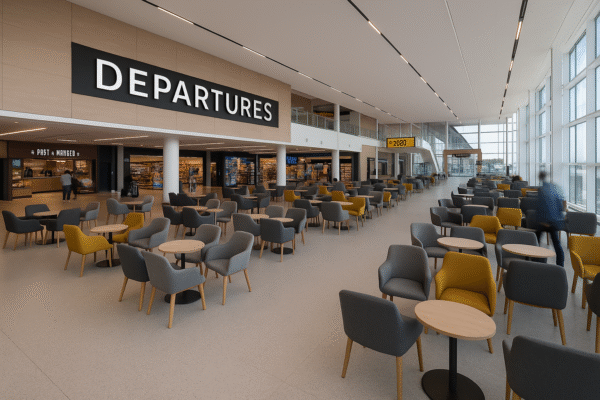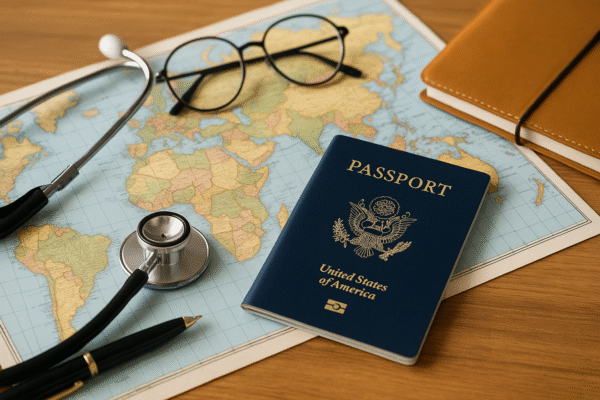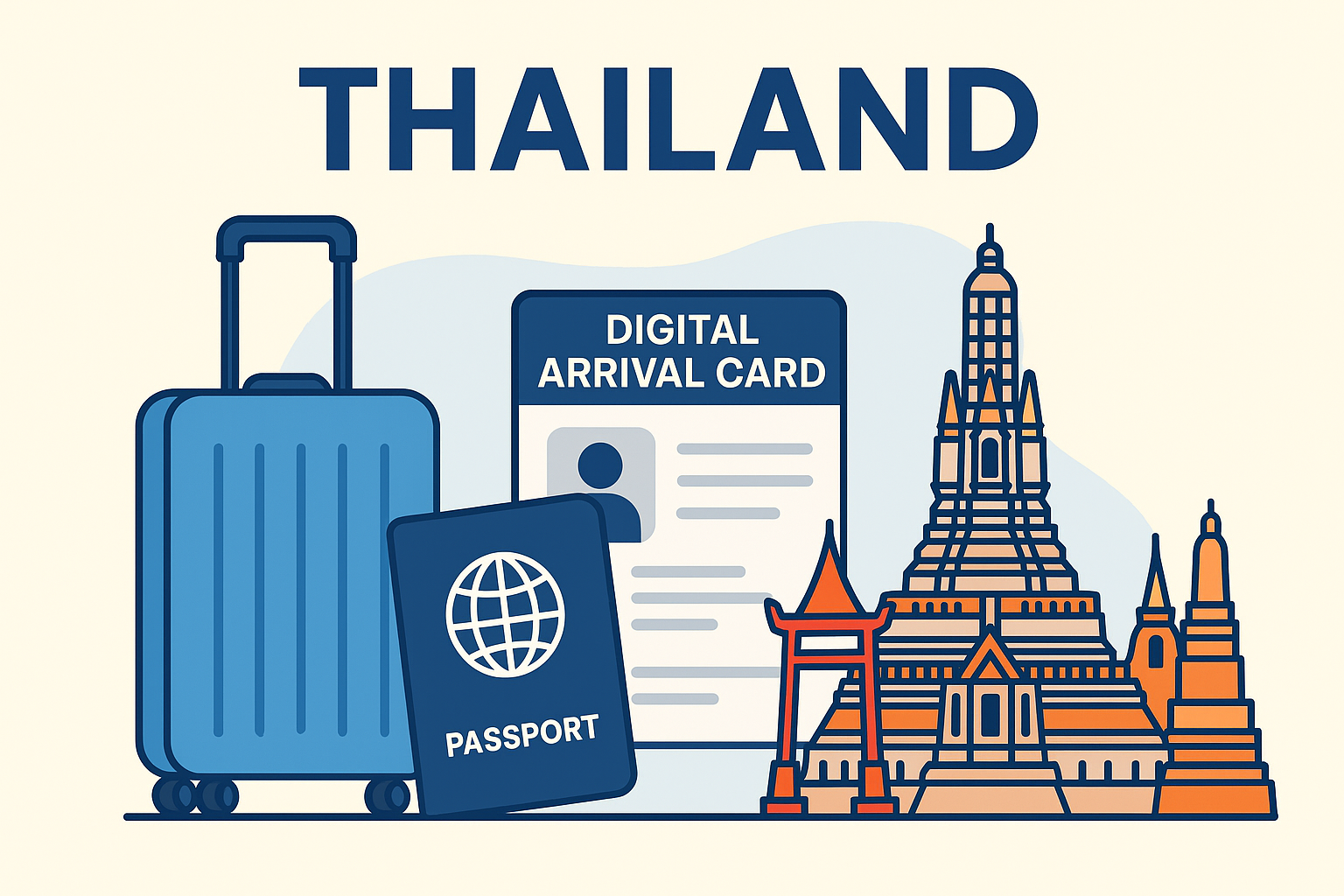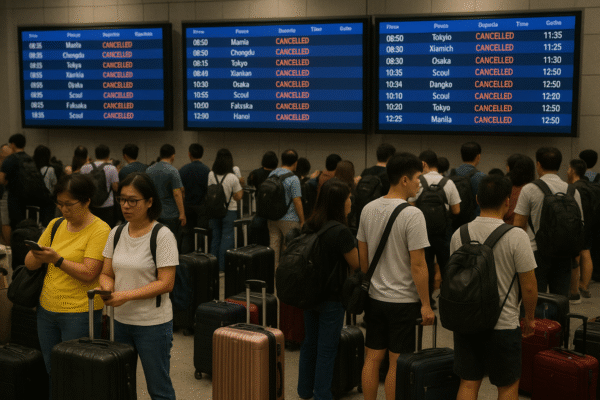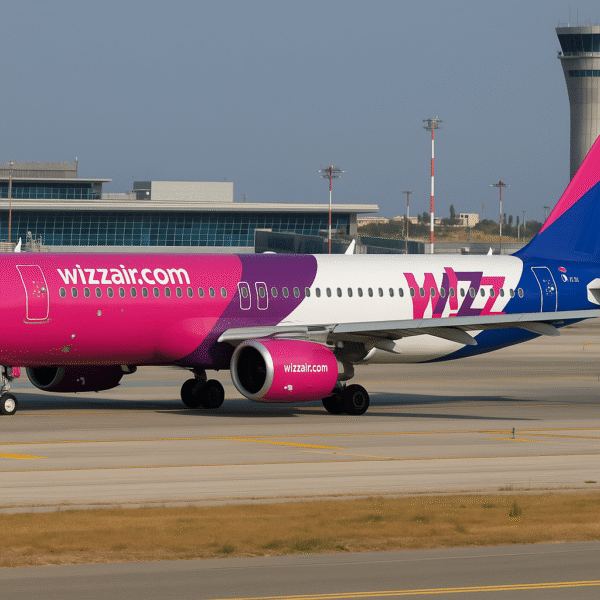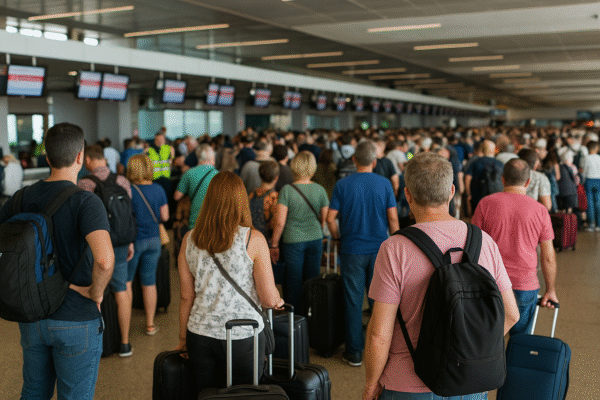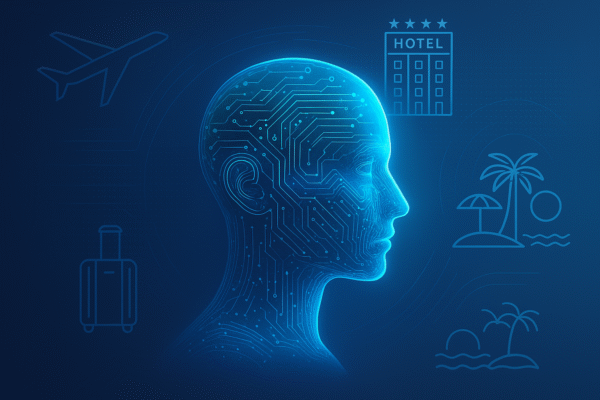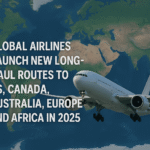The global hospitality and tourism industry is undergoing a transformative shift in 2025, driven by rapid advancements in Artificial Intelligence (AI). From hotel chains in the United States to luxury resorts in the United Arab Emirates, businesses are embracing AI to deliver hyper-personalized guest experiences, optimize revenue through dynamic pricing, and streamline operations through automation.
As global travel rebounds post-pandemic, AI is emerging as a pivotal force shaping the future of tourism—redefining how travelers interact with brands, how services are delivered, and how businesses forecast demand and manage pricing.
Real-Time Customer Engagement Transformed by AI
AI-powered tools such as chatbots, virtual assistants, and natural language processing (NLP) systems are reshaping the way hotels and travel operators communicate with guests. These intelligent systems provide instant, 24/7 support, handling everything from booking confirmations to local recommendations and concierge services.
For example, leading hotel groups are deploying multilingual AI assistants to help international guests navigate check-in, room preferences, dining reservations, and in-destination activities—all in real time. This level of responsive communication improves guest satisfaction and significantly reduces the workload on human staff.
Moreover, AI recommendation engines analyze past behavior, preferences, and demographic profiles to suggest personalized experiences. Guests receive curated itineraries, dining suggestions, and room upgrades tailored to their tastes, fostering brand loyalty and return visits.
Dynamic Pricing: Maximizing Revenue with Machine Learning
AI is also behind the rise of dynamic pricing models in hospitality and tourism. These smart pricing engines assess real-time data—such as competitor rates, booking trends, local events, and weather—to set optimal prices for hotel rooms, flights, and vacation packages.
This approach helps businesses maximize revenue during high-demand periods and attract guests during slower seasons by offering strategic discounts. By adapting prices based on AI insights, businesses not only remain competitive but also improve overall profitability.
Airlines and hotel groups across North America, Europe, and Asia-Pacific are now using AI pricing tools as standard practice, enabling them to respond quickly to market changes and increase operational agility.
Global Adoption of AI: Key Markets Leading the Charge
AI adoption is no longer limited to tech-savvy travel startups—it’s become a global movement:
- In the United States, companies like Marriott and Hilton are using AI to power smart room controls, predictive booking systems, and marketing automation tools.
- The United Kingdom tourism sector is leveraging AI to enhance visitor personalization, reduce carbon footprints through smarter logistics, and forecast demand more accurately.
- India is seeing a surge in AI-driven hotel startups using big data to serve a growing domestic travel market, while Japan continues its integration of robotics and AI in customer-facing roles.
- In the UAE, luxury brands are using AI to deliver bespoke guest experiences, from in-room voice assistants to AI concierges that manage everything from yacht charters to spa appointments.
According to the World Travel & Tourism Council (WTTC), these innovations are key to maintaining competitiveness in a post-pandemic, digital-first tourism economy.
Market Trends: A Future Fueled by Predictive Intelligence
The AI in hospitality and tourism market is on track to grow exponentially through 2030. Analysts forecast a compound annual growth rate (CAGR) exceeding 10%, driven by the need for personalized guest experiences, operational efficiency, and real-time decision-making.
Among the most exciting developments:
- Predictive analytics will empower hotels and airlines to forecast booking patterns, optimize staffing, and prepare for peak seasons.
- Voice-activated assistants will enhance room automation, enabling guests to control lighting, climate, entertainment, and services with simple voice commands.
- Gesture-based interfaces may soon enter high-end hospitality, allowing contactless service interactions.
- AI-powered virtual travel assistants will become mainstream, helping travelers rebook flights, adjust itineraries, or find alternate accommodation in emergencies.
These technologies are no longer concepts of the future—they are being piloted today across major tourism destinations.
Automation and Efficiency: The Invisible Engine Behind Guest Satisfaction
In the backend, AI is helping hotels and tour operators automate essential tasks, from managing room inventory and housekeeping schedules to handling feedback and social media monitoring. This increased operational efficiency translates into cost savings and more consistent service delivery.
The rise of automated check-in kiosks, facial recognition systems at airport terminals, and AI concierges is expected to become standard features in international travel hubs by 2026.
AI-Driven Marketing and Global Expansion
Hospitality brands are using AI to segment audiences and deliver personalized marketing campaigns. With insights from AI data models, companies can serve the right promotions at the right time to the right travelers—maximizing engagement and conversions.
As AI becomes more accessible, emerging tourism markets in Southeast Asia, Latin America, and Africa are adopting these tools to modernize services and attract international visitors. This digital shift ensures a more equitable and tech-enabled global tourism industry.
Conclusion: The AI-Powered Future of Tourism Is Here
The integration of AI in hospitality and tourism is transforming the guest journey from start to finish. From real-time communication and predictive analytics to automated service delivery and dynamic pricing, AI is helping businesses create more personalized, efficient, and profitable travel experiences.
As more countries and companies embrace these tools, the hospitality sector is becoming smarter, more adaptable, and increasingly customer-centric. In 2025 and beyond, AI won’t just support tourism—it will define its next chapter.
For more travel news like this, keep reading Global Travel Wire

